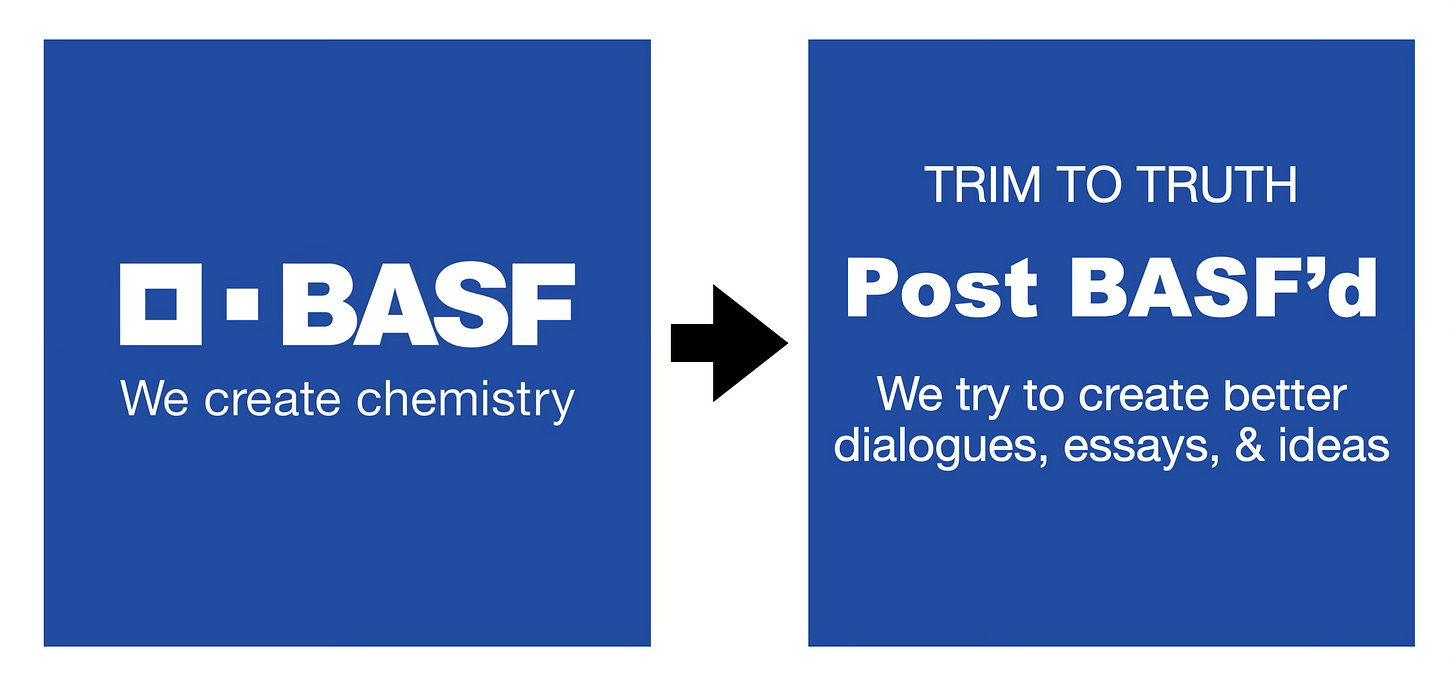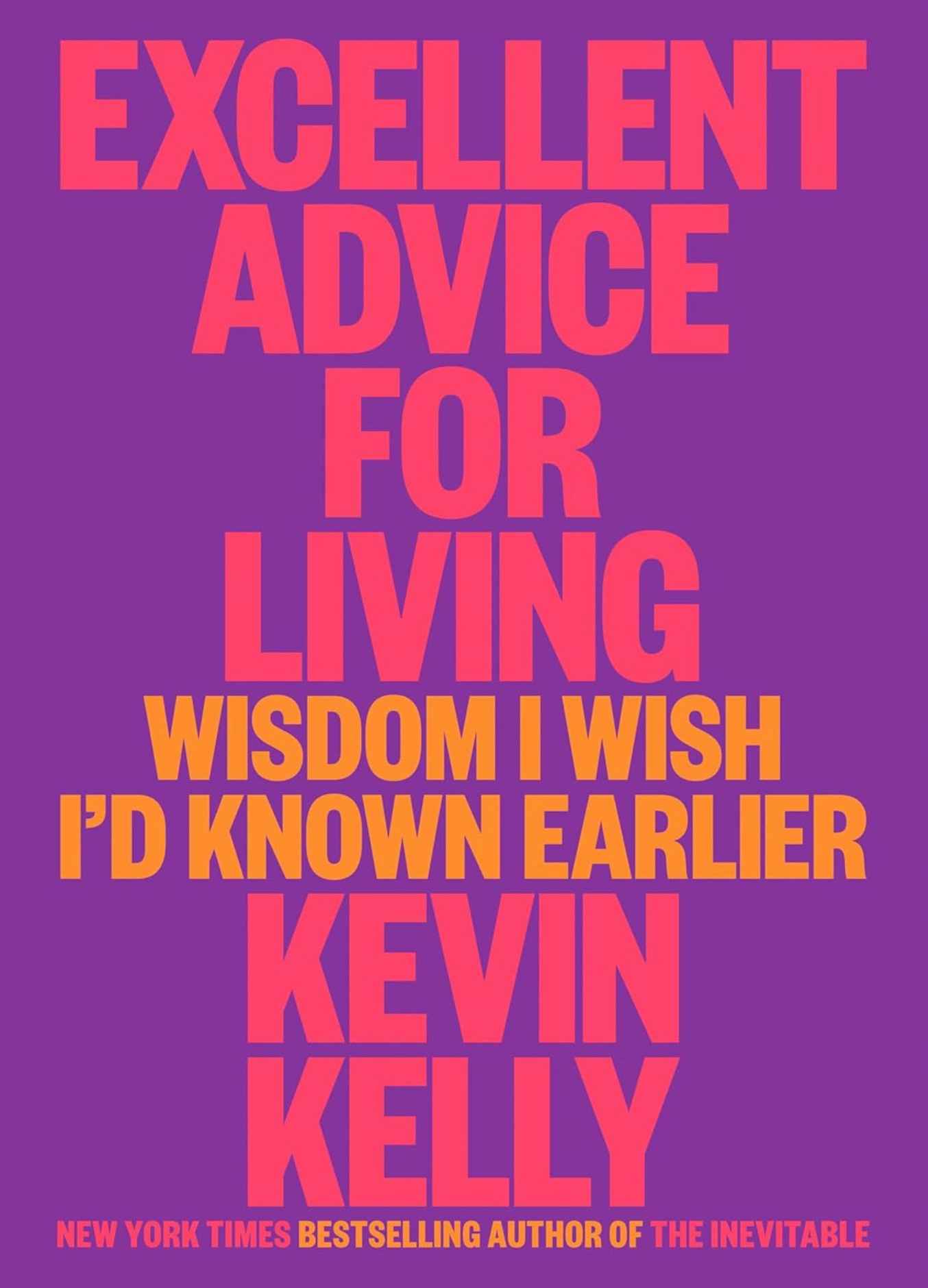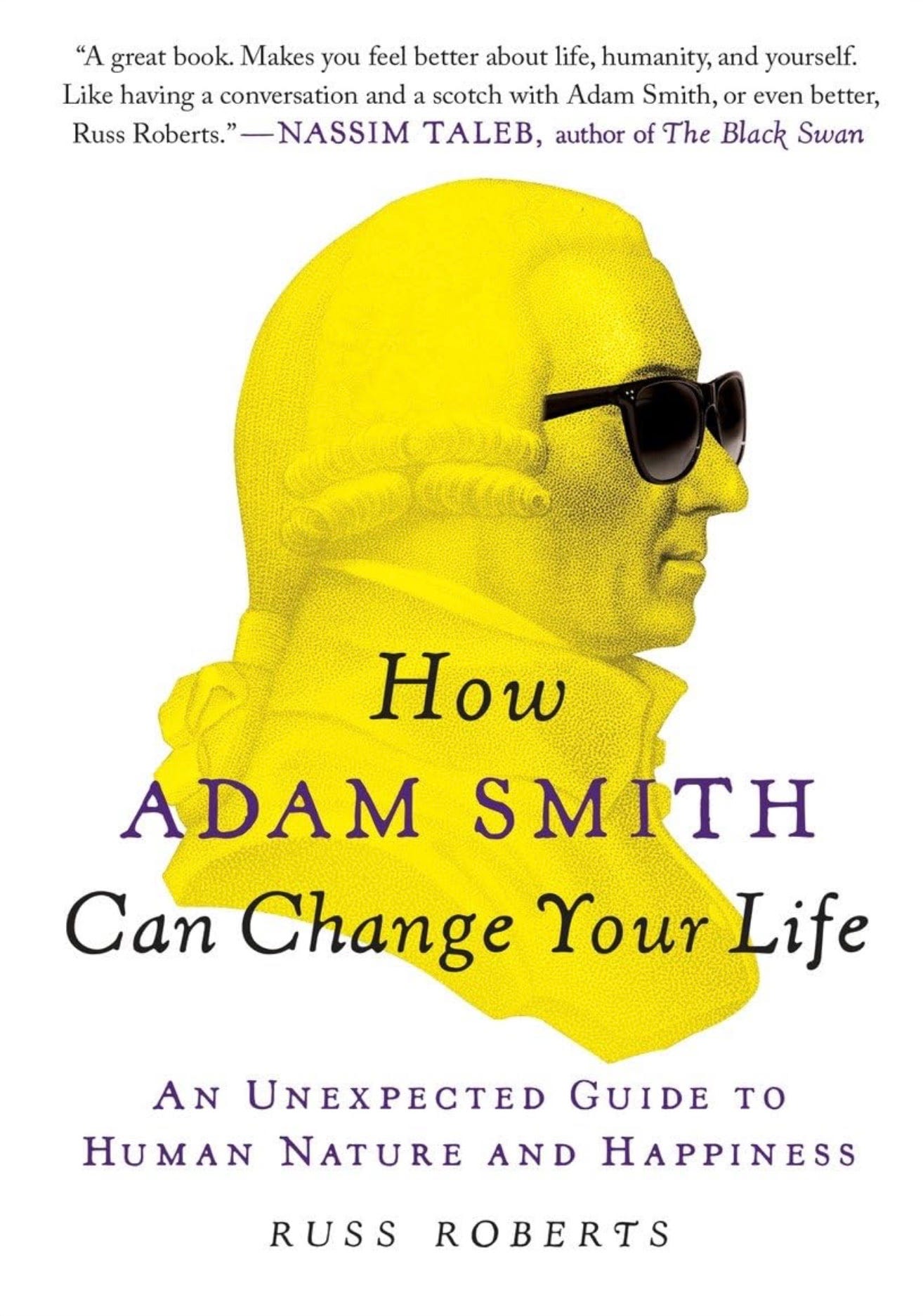The title of this post is a spin off the 1990s BASF slogan, “We don’t make a lot of the products you buy. We make a lot of the products you buy better.”1 Let me apply this slogan to Substack, and try to make the slogan better.
Here goes: “We don’t write a lot of the essays you read. We try to make some of the essays you read better.” Or similarly: “We don’t make a lot of the ideas you consume. We try to make some of the ideas you consume better.”
What do I mean by this? We have an exciting opportunity here at Substack. Anyone with an internet connection and a computer can take another writer’s post, copy it, and try to make it better.2 When I do this here at Trim to Truth, I’ll take the title of the original essay and add BASF’d to the end.3 Is this legal? Is it just? I would think it’s okay as long as I give credit. Let’s find out.
Today, let’s do this with one of Arnold Kling’s most important posts, “What Stops Learning?” I’m pasting his post below and trying to improve it. Where I don’t improve it, I just leave his words. Here we go.
How can we become better at learning, individually and collectively?
When faced with a problem that calls for a creative solution, one approach is to make the problem much worse. Then by doing to opposite, see if you can solve the problem. So, how do we stop learning, individually and collectively?
In doing this, I’ll use the following format:
Thing that stops learning → Thing that nurtures learning
Let’s go.
Individual barriers
Bad genes → Good genes
Do you have a gorgeous singing voice? Do you have an aptitude for advanced physics? Neither do I.
Until we can safely manipulate human genes, all of us will be limited by our innate abilities.
With that said, if you plan on having children one day, marry a good learner.
Bad health → Good health
It is difficult to learn if you are hungry or sick or otherwise in a struggle to survive.
People are more likely to be able to learn if they are healthy.
Bad people in community → Good people in community
Suppose that the people around you are bad role models. With them as your information source, you do not obtain helpful knowledge.
More in this below.
Lack of persistence → More perseverance
YouTube has many outstanding guitar lessons. With enough practice, you could probably learn to play guitar pretty well. But it is likely that most people who try to learn to play guitar give up before they develop much skill.
Learning requires motivation and perseverance. How do you get more? Keep reading.
Lack of new experiences → More new experiences
If you just do the same things, in the same way everyday, then you will stop learning.
In addition to practicing the same sequences, you should gradually incorporate new sequences, new information, new problems and new challenges into your learning.
Repeating and reviewing the same things, is in tension with experiencing new things and new challenges.
Lack of time → More time
Human culture is well developed and varied. No one has time to learn more than a small sliver of it.
People have to make a cost-benefit calculation in determining what to try to learn.
Closed mind → Opened mind
If you think you already know enough, you will not learn.
Nurture intellectual humility and curiosity. Ask questions. Be aware of behaviors in yourself and others that seem overconfident, arrogant or that cling to ideology.
Overconfidence breeds complacency, which can literally put you in danger. Rather than learning the hard way, be vigilant about your humility. How might you be wrong?
Lacking integrity → Having integrity
If you have a habit of cheating, you won’t learn, except maybe to learn that cheating doesn’t pay in the long run. Be honest about who you are and where you’re at.
Blaming others → Personal responsibility
Rather than blaming others for the problem at hand ask yourself, “What I can do to make this problem better?” By attempting the problem yourself, you’ll probably learn something.
Formalism → Amateurism
If formalism of your environment is stultifying, try amateurism. If the incentives of your learning environment are poor, consider an alternative path to learning. Teach yourself. Try homeschooling or tinkering. Eventually your tinkering may become your business.
Work → Play
Similarly if work is burdensome, try playing. Kids and adults can often learn better through play.
For more on this, check out posts at Peter Gray’s substack, Play Makes Us Human. I would imagine that anyone of his first 26 letters would be a good place to start.4
Overly complex first implementation → Baby steps toward sophistication
Don’t make life difficult. This is especially common in a first implementation. Instead take baby steps. Take things apart. Break things down into smaller components. Experiment by asking questions like, “What happens if I do this?” Master the component parts, then the subassemblies and then try implementing a minimum viable solution. In other words, build your confidence by climbing a latter of increasing sophistication.
Shame perspective → Learning perspective
The fact that you “can't do” something can be embarrassing. But if you are “learning to do” something, that is admirable. There are only tiny baby steps between can't and learning. -Kevin Kelley See his book here.
Lonely & disrespected → Loved & respected
Perhaps the people around you are disrespectful or abusive. Surrounding yourself with people that love you, will not only will make you feel better, but will help you learn. Surrounding yourself with people that you respect, and that respect you, will improve your motivation for learning and doing.
If you can, only work for people that you respect.
Man naturally desires, not only to be loved, but to be lovely. -Adam Smith. Rather than read his book, try his one.
Poor mental health → Good Mental Health
Perhaps you’ve recently gotten away from abusive or disrespectful people. Resolving, getting away from, and recovering from that abuse can be a monumental task. Before moving onto new things, take time to improve your mental health. What are some things that might help you?
Learn how to be alone without being lonely. Solitude is essential for creativity. -Kevin Kelley
Perfectionism → Good enoughism
Perfection is the enemy of the good. Try your best, but don’t cling to perfection. An all or nothing attitude will eventually result in not-even-trying.
When it comes to parenting, the Good Enough Parent is the best parent. Apply this same thinking to your learning. Be a good-enough learner.
Focussing on the competition → Trying your best
You can’t control the competition, so learn to be satisfied with your best effort, even if you lose the game. Being a winner doesn’t necessarily mean winning the game.
Make everyday your masterpiece. -John Wooden, 10-time NCAA champion. See here.
Distracted by addiction → Able to confront problems
If you’re unable or unwilling to confront a problem you will not learn. Perhaps you are distracted by an alcohol or drug addiction.
How do you know if you have an addiction? It’s up to you to decide. If you aren’t able to manage your thinking and actions to your satisfaction, then you have an addiction. Are you in denial?
Impulsive → Prudent
Thoughts lead to actions. Impulsive thoughts lead to impulsive actions. Try to nurture an internal Socratic dialogue of prudence to lead yourself toward prudent actions. What would you do if the person you most respect were to find out what you’re about to do?
How does the Gospel of Jesus Christ relate to this?
Poor pacing → Good pacing
Taking a break can be a healthy distraction. Taking too many “breaks” can become an addiction.
Conversely, “going out too hard” in the beginning can bring you to a standstill. Pace yourself. Plan things out.
Negativity → Reality
If you are overly negative or pessimistic you will lack the attitude to solve problems and to learn new things.
Through practice you can gain confidence. Through a practice of gratitude you can find reality.
Pessimism pushes people away and prevents you from solving problems.
If you have confidence and a can-do attitude you will be more likely to face new problems and learn new things.
The most important thing to realize here, is that you have a choice. Your goal should be discipline and vigilance toward learning. When everything else fails, try sleeping.
Imprudent criticism & defensiveness → Prudent criticism and receptiveness
This one might be the hardest to overcome because being criticized causes most people to become defensive. Imprudent criticism and defensiveness stops learning.
There’s a book called Role Mate to Soul Mate that I should read cover to cover and then some. One piece of advice the author gives for communicating criticism uses the following method: give two appreciations to the listener, then one criticism, and finish with more two appreciations to the listener.
Another one is to reserve your criticism for a weekly planned meeting in which the listener is prepared to hear criticism. In such a meeting, sufficient time is allowed for a structured and disciplined conversation that mitigates harsh criticism and defensiveness.
If you can pull this off, you can learn from those who you probably most need to learn from: your family. They know you best.
Learn how to learn from those you disagree with, or even offend you. See if you can find the truth in what they believe. -Kevin Kelly
In closing
Have I improved upon Arnold’s post? I’ve certainly made it longer, and I have a feeling this list can be extended even further, but I’m tired so I’m going to cut it off here.
What else would you add? What might you take away or combine under one barrier/solution?
We didn’t quite make it to collective barriers to learning, so let’s take that up next time along with his book Learning Economics.
This slogan is actually kind of annoying. If you agree, why do you think that is?
By “copy” I mean read it, understand it and “try it on,” so to speak.
There’s a lot of reading here. Letter 2, Letter 3, Letter 4, Letter 5, Letter 6, Letter 8, Letter 9, Letter 10, Letter 11, Letter 12, Letter 13, Letter 14, Letter 15, Letter 16, Letter 17, Letter 18, Letter 19, Letter 20, Letter 21, Letter 22, Letter D2, Letter 23, Letter D3, Letter 24, Letter 25, Letter, 26. I’ve read only a small fraction of these, but this is a note to myself to read more.









Curious that you cite Kevin Kelly.
In his earlier book "The Inevitable", he covered Remixing as (essentially) a working replacement to new insight, one that (in my words) add a thin, albeit "new" veneer of value to the original insight.
It's hard to say whether the new or remixed insight is more valuable but I know what my gut tells me despite also knowing that few things (and thoughts) in life are truly novel.
The most obvious example of remixing of course in our lives has been musical sampling - a tactical tool that has become ever more rampant, monetized, acceptable throughout many modern media forms, but particularly pop-music with its enduring appeal to young people who mostly don't know what they are hearing anyway. That's often annoying, isn't it?
I'll leave my comment at this.